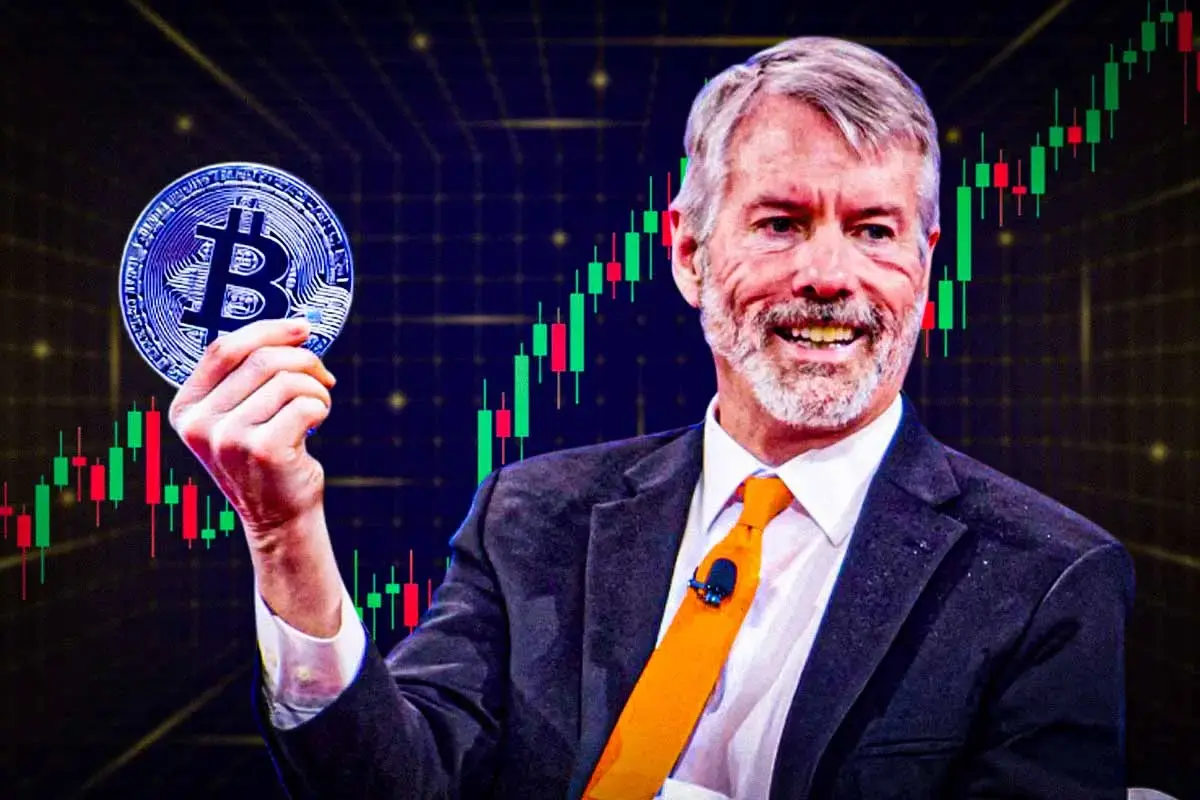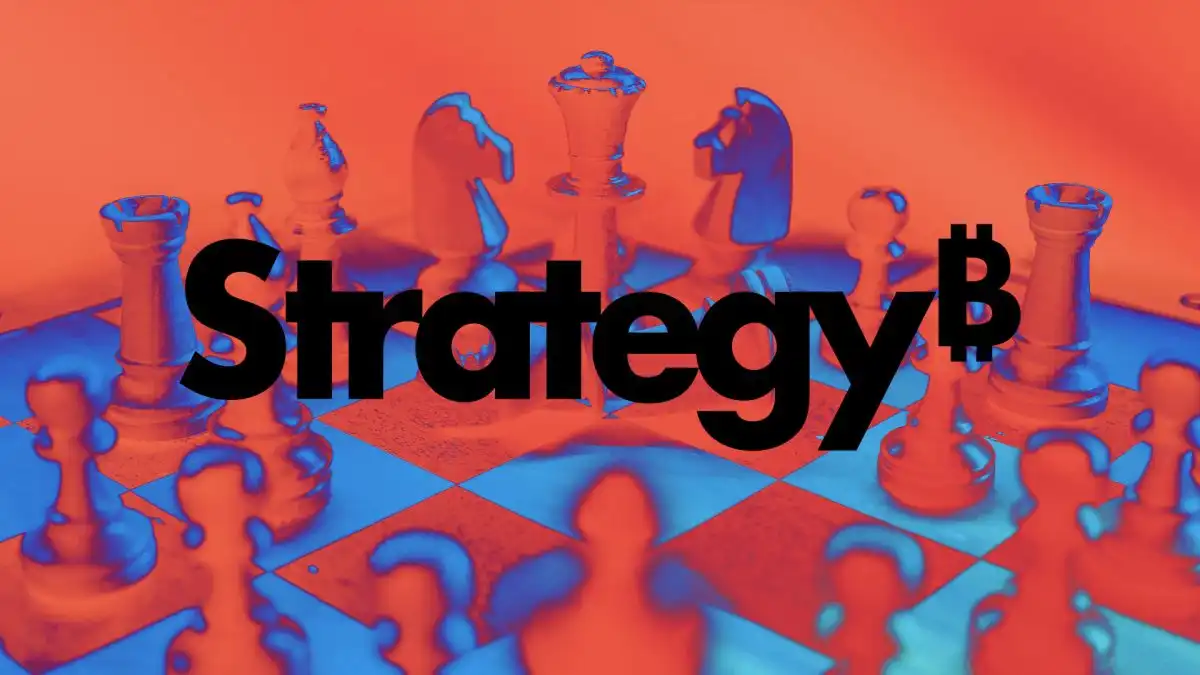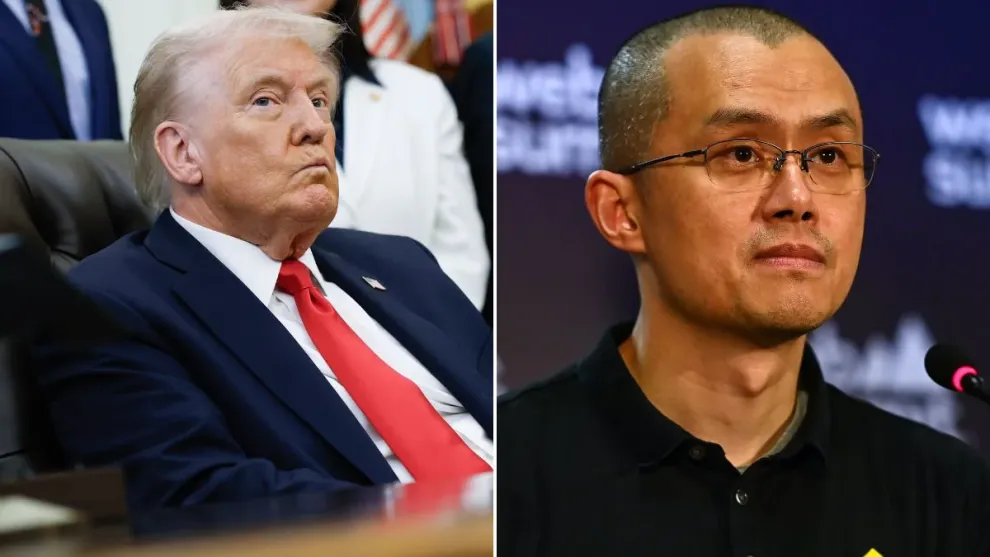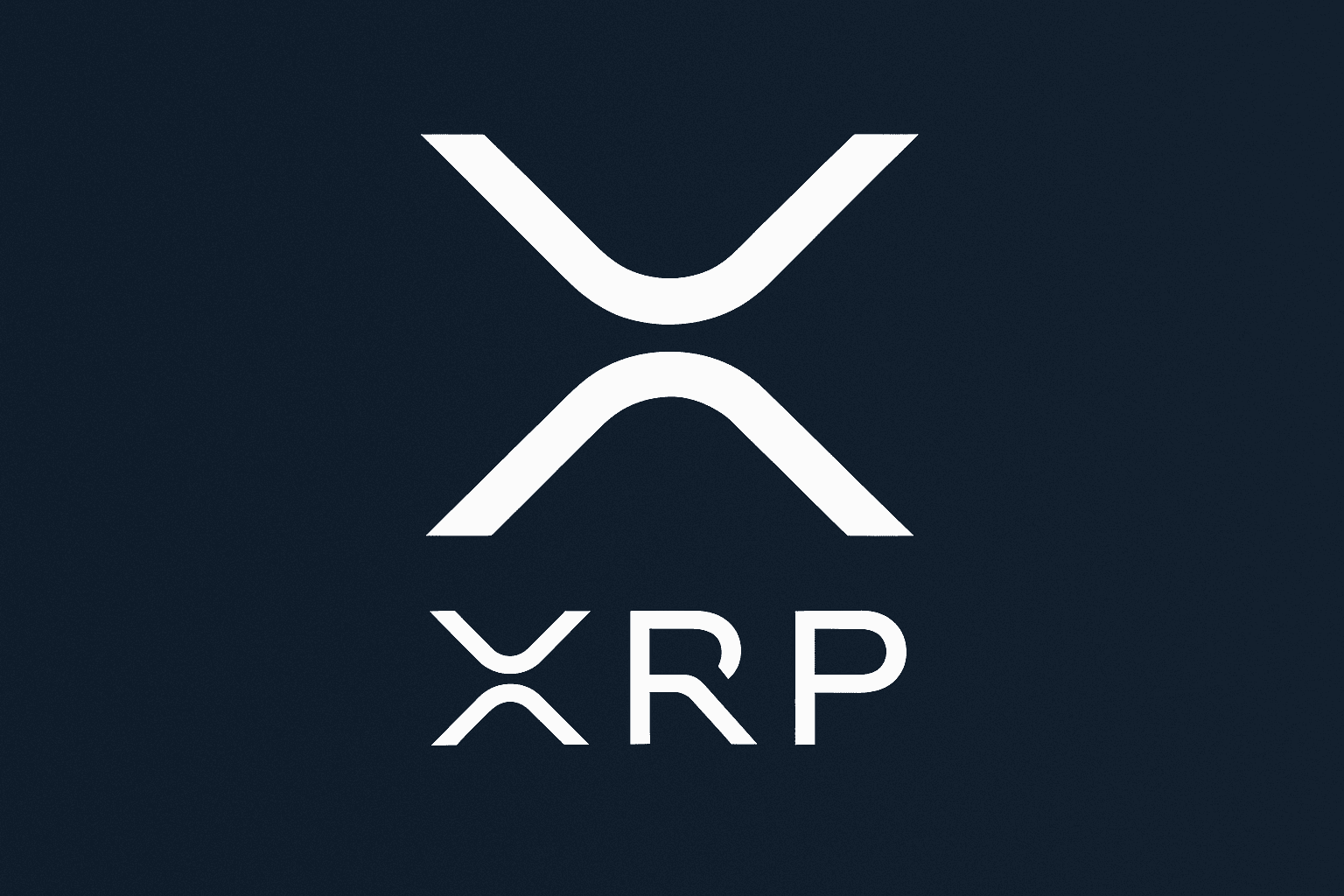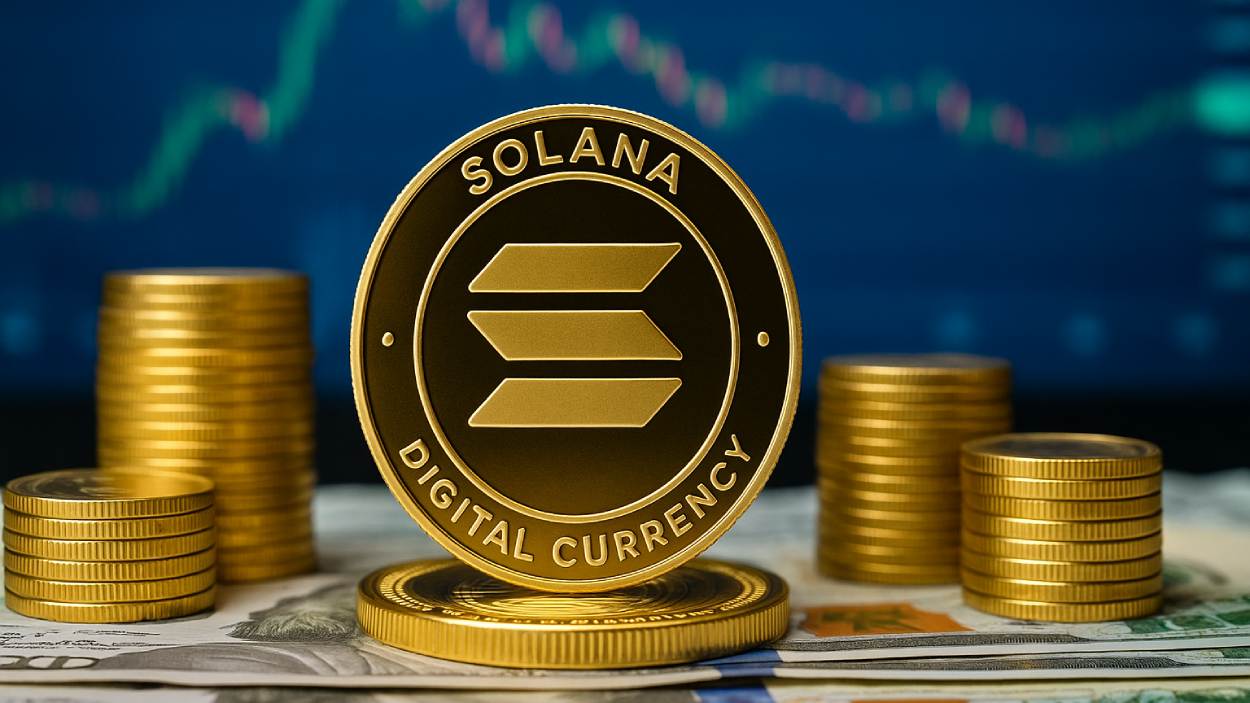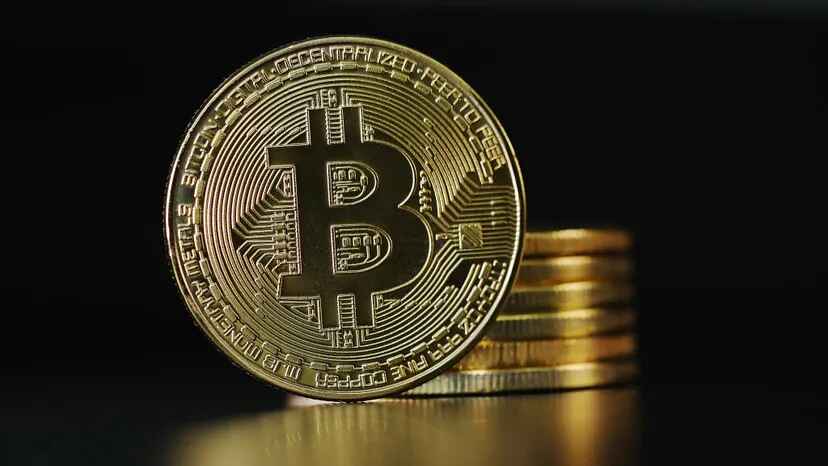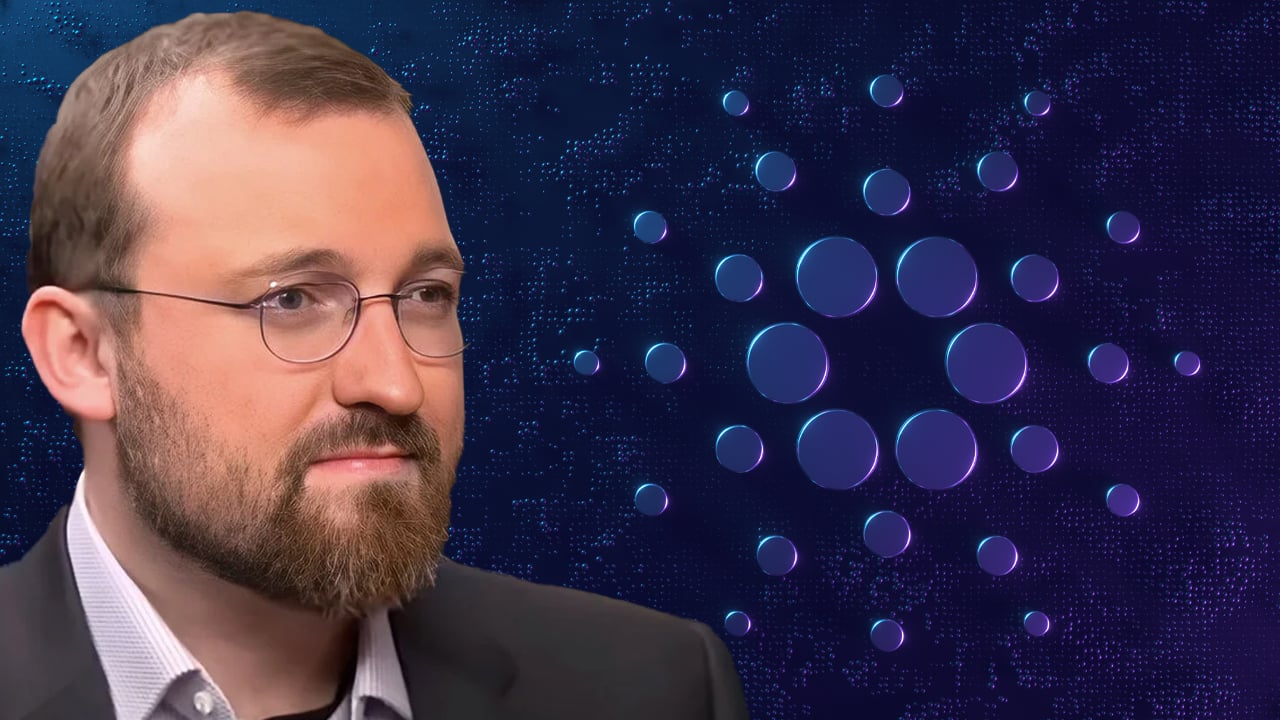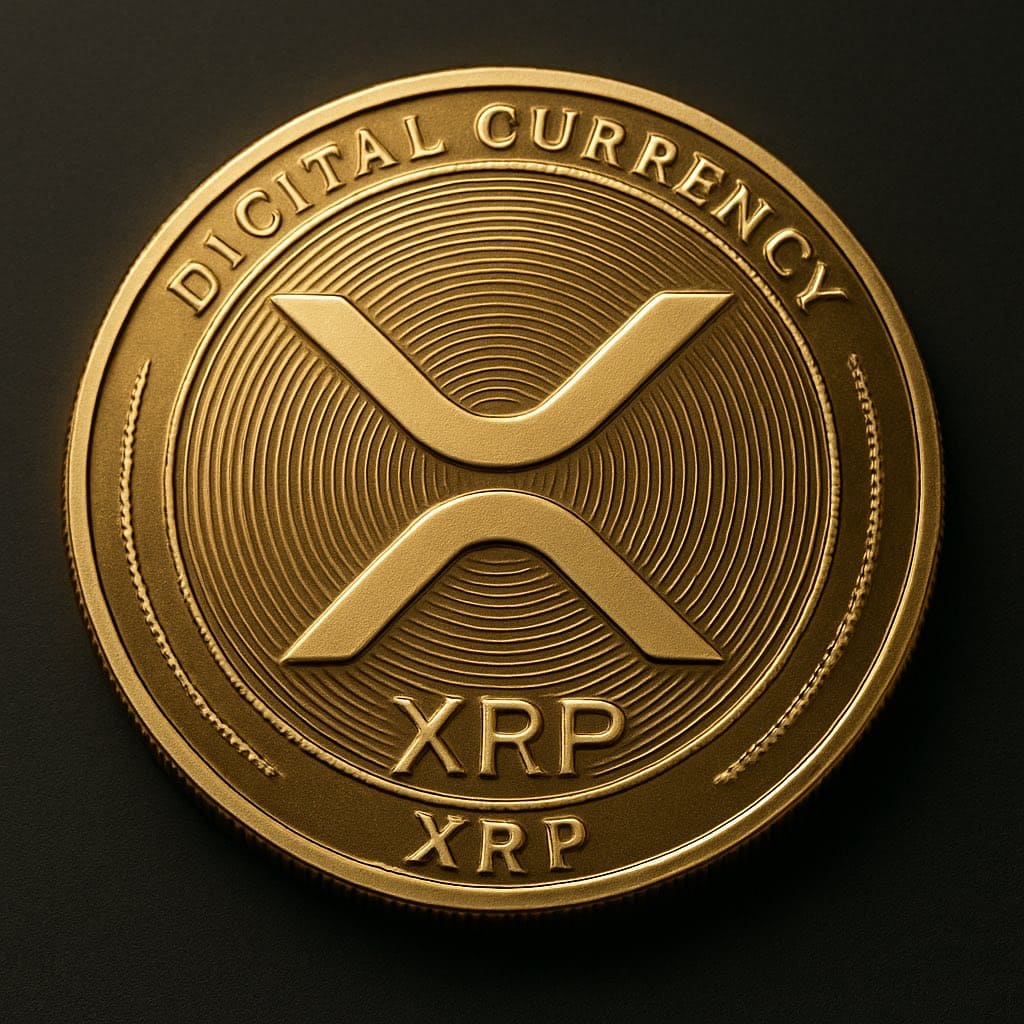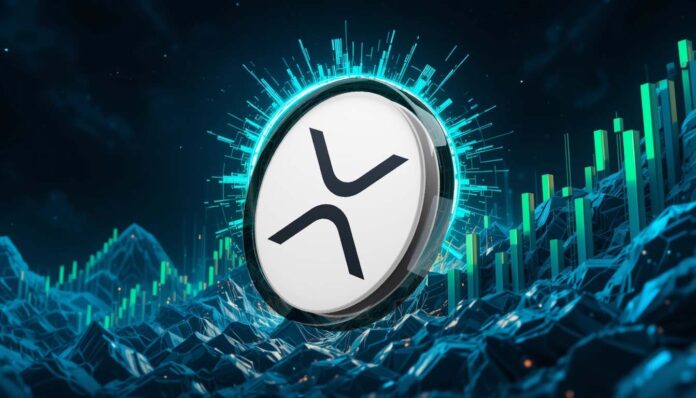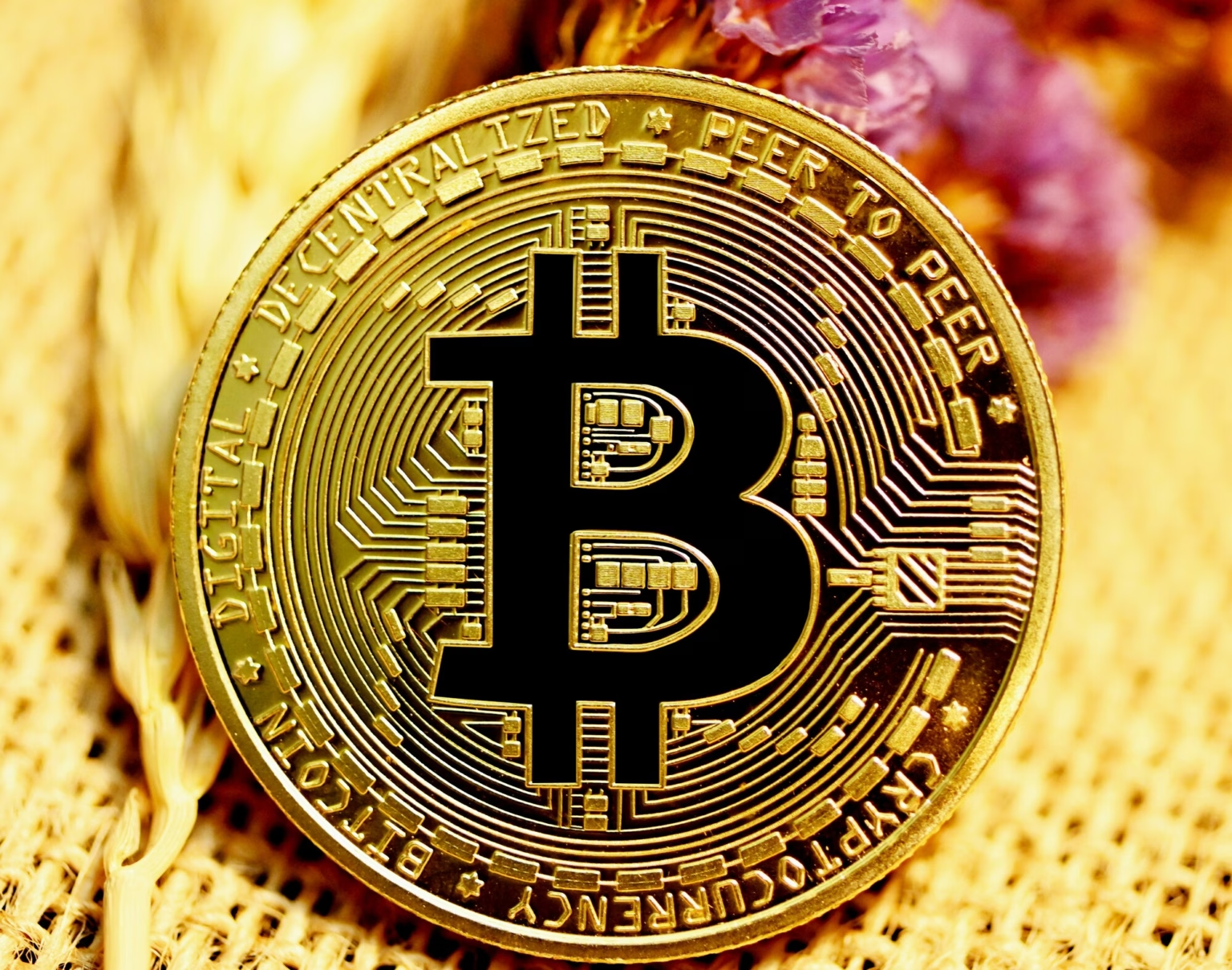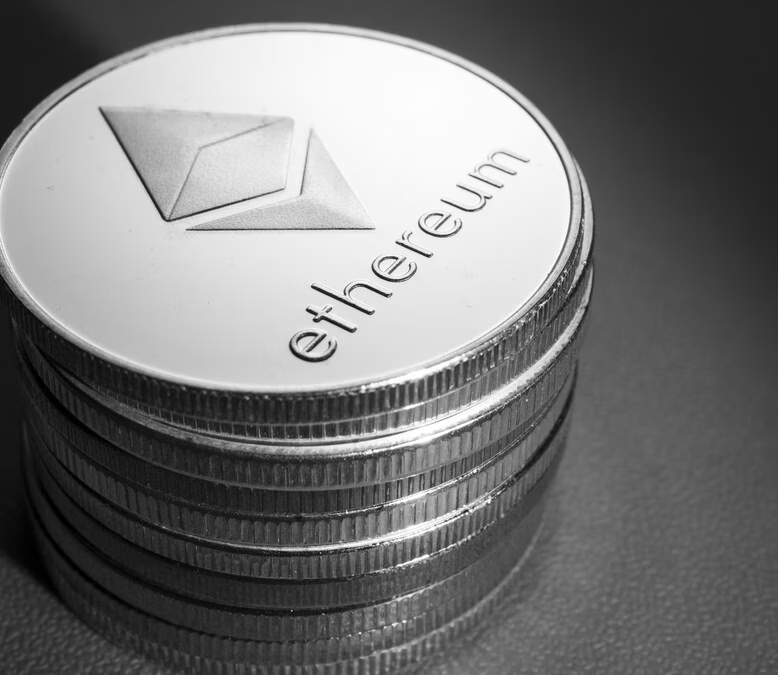President Donald Trump’s decision to pardon Binance co-founder Changpeng “CZ” Zhao has stirred strong political reactions in Washington, with lawmakers and industry observers questioning the move’s timing and implications. The pardon, announced Thursday, comes amid a prolonged government shutdown and is one of several clemency actions Trump has taken since his return to office.
Rep. Maxine Waters, ranking Democrat on the House Financial Services Committee, criticized the decision in a public statement, calling it “an appalling but unsurprising reflection of [Trump’s] presidency.” Waters accused Trump of prioritizing “crypto criminals” over government employees affected by the shutdown and claimed the pardon represented a “pay-to-play” arrangement.
Waters alleged that Zhao had engaged in months of lobbying aimed at obtaining the pardon while funneling funds into World Liberty Financial, a Trump-affiliated crypto venture. She said the action “effectively legitimizes the same financial misconduct that led to Zhao’s conviction” last year.
White House Defends the Pardon
According to The Wall Street Journal report, the White House defended the decision, saying Zhao’s prosecution under the Biden administration was politically motivated. Press Secretary Karoline Leavitt stated that Trump used his constitutional powers to “end the Biden Administration’s war on cryptocurrency,” noting that prosecutors had failed to identify victims or fraud in Zhao’s case.
Leavitt argued that federal prosecutors imposed an excessive four-month sentence on Zhao in 2024 given the nature of the charges. She said Trump issued the pardon to restore “fairness and innovation” within the U.S. financial system, emphasizing that aggressive enforcement actions had discouraged technological progress.
Background on Zhao’s Conviction
Zhao, who co-founded Binance, pleaded guilty in 2023 to failing to maintain an effective anti-money-laundering program, a violation of the Bank Secrecy Act. He paid a $50 million fine, and Binance agreed to a $4.3 billion settlement with the Department of Justice (DoJ). Following his conviction, Zhao stepped down as CEO and completed his four-month sentence in September 2024.
Trump told reporters he did not personally know Zhao but acted “on the recommendation of many people.” The decision follows a series of pardons involving figures convicted during the Biden administration, including Silk Road founder Ross Ulbricht.
